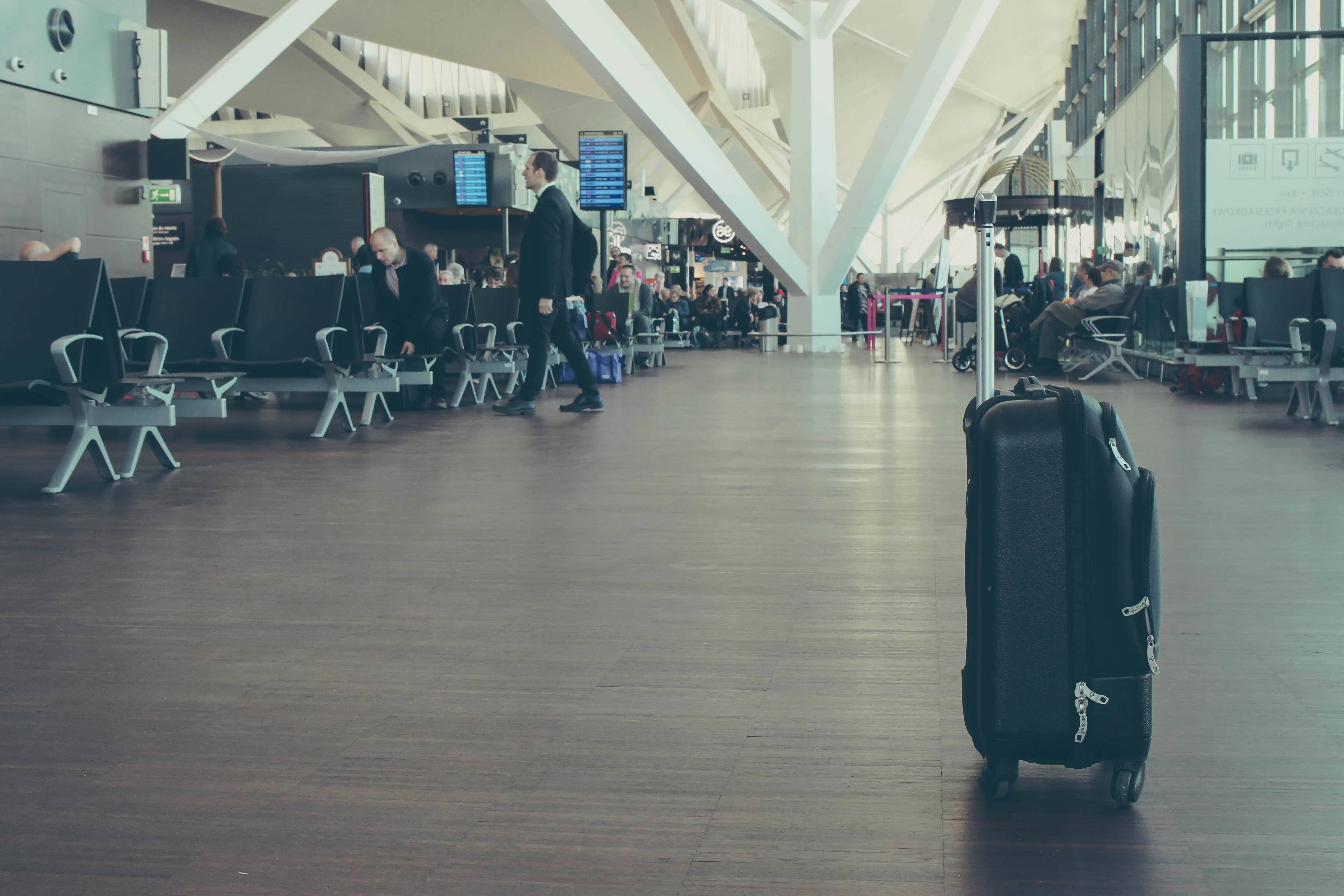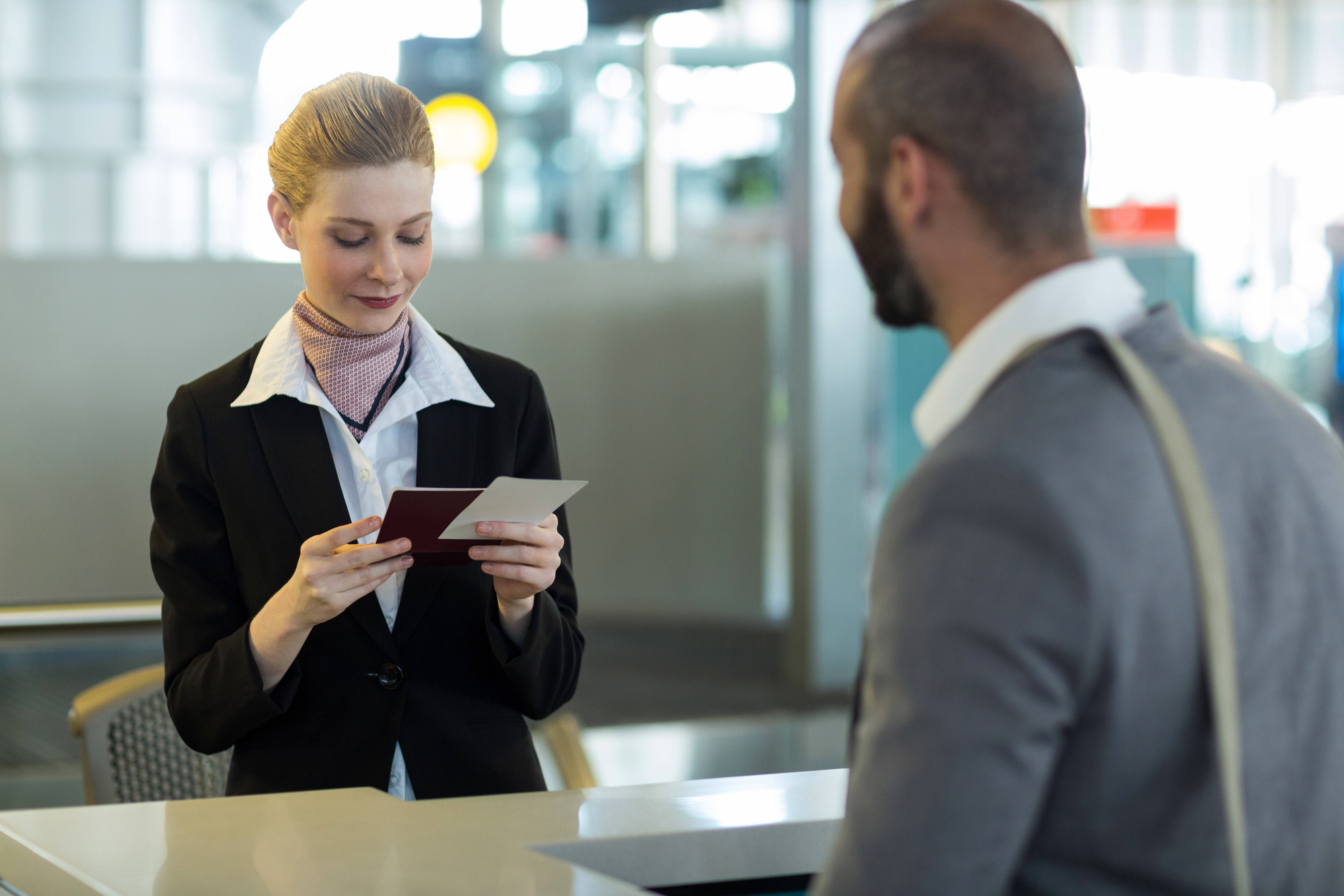8 Tips to Get Through Airport Customs
Coming back from a vacation always feels different from leaving (and more depressing ;). On my return, I’m at times loaded down with gifts and/or wine, but I’ve learned the hard way that not knowing the customs rules can ruin that happy feeling. I remember one trip where I almost got into trouble at San Francisco SFO for not realizing a simple food item (cured meat from Italy) was prohibited. Now, I make sure I know exactly what I’m bringing back.
1. Know What Items are Allowed to Bring In
One of the easiest ways to smooth my arrival is by checking in advance what’s allowed. I once bought a beautiful antique knife in Peru, only to find out at Miami MIA that it was on the prohibited list, and gone it went. After that, I check with the list provided by U.S. Customs and Border Protection to avoid costly mistakes.
VIDEO:Arriving in the United States can be a daunting experience, especially if you're unfamiliar with the customs and border procedures. I remember my first time coming back from an international trip, feeling overwhelmed by the process. This video, "You Have Arrived," was a lifesaver. It walks you through everything you need to know—from navigating the customs lines to understanding the Global Entry and Automated Passport Control kiosks. It even covers what to do if you have items to declare. Trust me, watching this video will make your entry into the U.S. smoother and stress-free. Check it out below!
2. Double Check What You've Bought
Many years ago on a return trip from Japan I got hit with a large unexpected fee. I found a cool piece of jewelry as a gift, but what I didn’t realize was the customs duty would almost double the price once I got back to the U.S.. Checking in advance for potential duty fees should definitely be part of routine when bringing items back into the U.S., saving you from some unexpected sticker shocks.
3. Know What's Exempted from Duty
I was relieved when I found out I could bring back $800 worth of goods duty-free. When I went to Istanbul, I made sure to stay within the $1,600 exemption, which allowed me to bring back some great gifts from the Bazaar without any added cost. Knowing these rules can save you a lot of hassle.
4. Pick the Correct Customs Lane
I recall vividly my deer-in-the-headlight moment at Los Angeles International Airport (LAX), where I hesitated between the green and red channels, unsure if my purchases needed declaring. I decided to go through the red channel just to be safe. It was quick, and the officer thanked me for being upfront—it was a lot smoother than the hassle of being pulled aside for inspection later. But the temptation was there to take the risk - I wouldnt advise it, as a delay could mess up your connecting flight if you have one.
5. Know Their Rules When Traveling Abroad
One thing that always makes me a bit uneasy (ok, clueless) is bringing back electronics. This is an area where you really wannna know the rules, as more expensive items can mean higher fees if imposed. Something to be aware of.
6. Save $$ on Foreign Sales Tax: Duty-Free Shops
If you're a shopaholic you probably can't resit the pull of duty-free shopping. I saved a bunch on some items I bought at the duty-free in various airports. While I still had to declare them at customs (an easy process), but I saved a lot on taxes, especially with Europe’s high VAT.
7. Get Your VAT Refund
Speaking of VAT, I remember how a VAT refund in Germany almost paid for half my trip’s spending. It was easy to claim the refund at the airport, and I made sure to keep all my receipts handy. Definitely worth it, especially for big-ticket items like electronics or luxury goods.
FAQ: 8 Tips to Get Through Airport Customs
Find more help here for your journey through the airport




